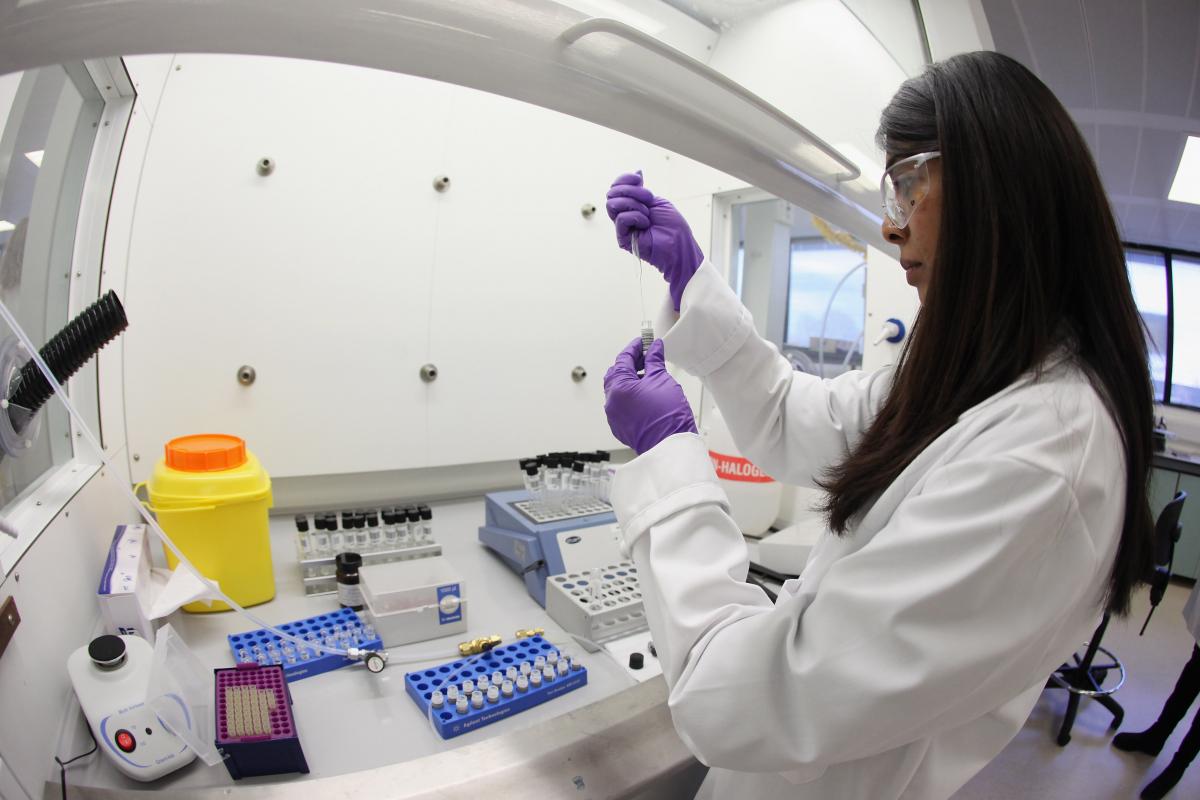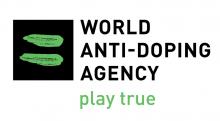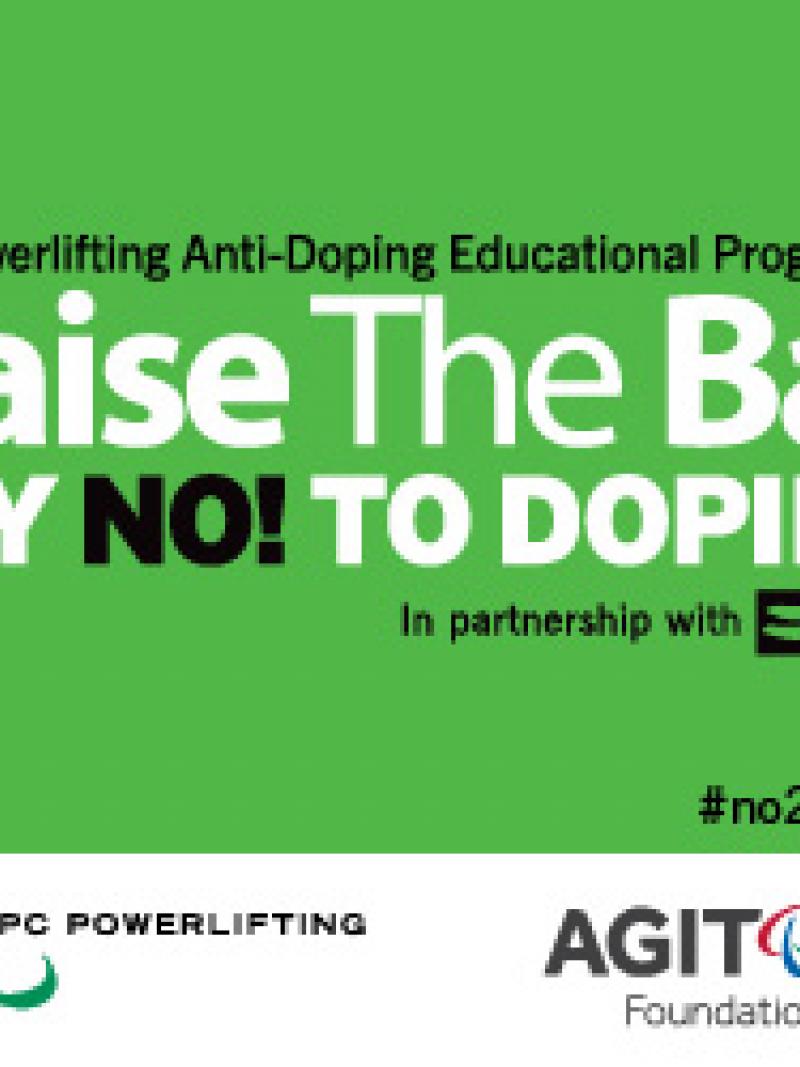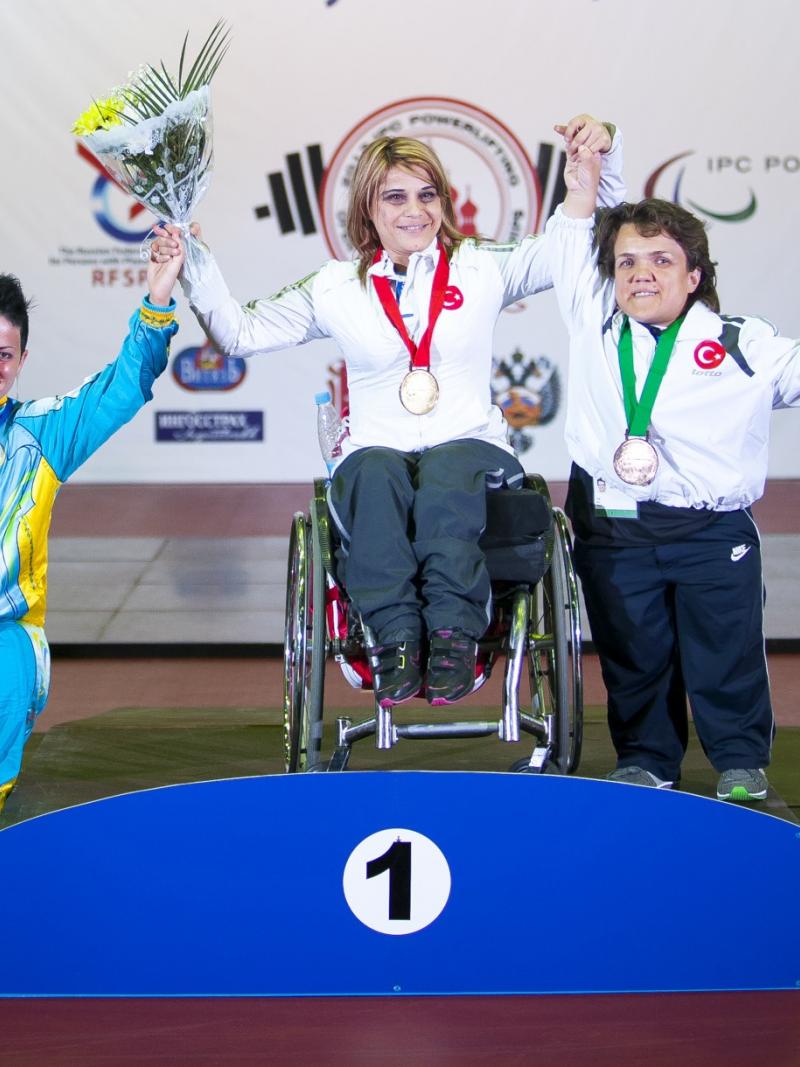Lifetime ban dropped after athlete’s former partner admits sabotage
Powerlifter Gunduz Ismayilov was banned for life in 2004 after a second anti-doping violation in four years. 08 Nov 2013
The IPC will continue to educate athletes and their support staff on the importance of anti-doping.
“This is a very unique case with a unique set of circumstances."
The International Paralympic Committee (IPC) has overturned Azerbaijani powerlifter Gunduz Ismayilov’s lifetime ban, imposed on him in 2004, after his former partner confessed in a court of law to spiking his drink with a substance which led to his second anti-doping violation in four years.
After serving a two-year ban for a failed drug test at the Sydney 2000 Paralympic Games, Ismayilov competed at the Athens 2004 Paralympics. At the Games, he returned an adverse analytical finding for Stanozolol metabolites (an anabolic steroid) and, under the World Anti-Doping Code (WADC) rules at the time, was banned for life by the IPC for his second anti-doping rule violation.
The decision by the IPC to overturn the ban now however comes after his former partner - an athlete who also competed in Athens - admitted in a Baku court of law that she had sabotaged his drink in the Athens Paralympic Village with a prohibited substance which led to the anti-doping violation. The two had separated in 2003, and although they had remained on good terms, she had spiked the drink as a form of punishment.
His former partner’s admission only came about following an investigation spearheaded by the athlete and his lawyer to prove his innocence, during which Ismayilov has served nine years of his lifetime ban.
Dr. Toni Pascual, Chairperson of the IPC Anti-Doping Committee, said: “This is a very unique case with a unique set of circumstances. Under the IPC Anti-Doping Code, an athlete with a lifetime ban under the previous Code can request for their case to be reviewed under the rules of the present Code. In this case, providing that they had new and very relevant evidence had been determinant.
“Having received sufficient proof from the athlete, his National Paralympic Committee and the Azerbaijani court that his second violation was a result of sabotage, and not the athlete’s own fault or negligence, the IPC has agreed to overturn his lifetime ban with immediate effect.
“The IPC is committed to doping free sport and in October launched ‘Raise the Bar’, an extensive education campaign targeting Powerlifting athletes, coaches and their support networks which surround them during training and competition.”
Under the IPC’s terms for removing the lifetime ban, Ismayilov must be available for reinstatement testing and will not be eligible to compete again until he has been subject to three months of out-of-competition tests. He will also be added to the IPC’s registered testing pool which means he will have to provide current and accurate whereabouts information.
As a signatory of the WADC, the IPC remains committed to a doping free sporting environment at all levels. The IPC, together with the International Federations and the National Paralympic Committees, established the IPC Anti-Doping Code to prevent doping in sport for Paralympic athletes, in the spirit of fair play. The IPC Anti-Doping Code is in conformity with the general principles of the WADC.

 Facebook
Facebook
 Instagram
Instagram
 Twitter
Twitter
 Youtube
Youtube







